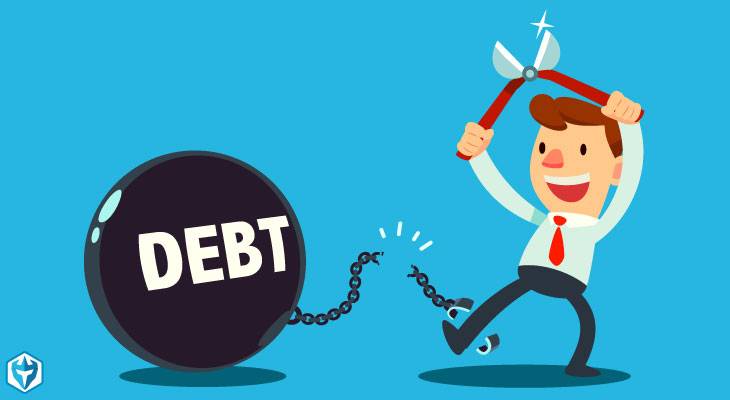When you’re in your 20s, retirement seems so far off that it hardly feels real at all. Retirement may seem like a lifetime away when you're in your 20s, 30s or even 40s, something you may not need to prepare for just yet. But is it really too early to brace yourself for financial freedom in the future?
That's definitely not. The day you get your first paycheck is the perfect time to start saving for retirement.
When you are as young as 25, beginning your retirement preparation means you have time on your hand to begin building healthy habits and compounding savings. Here are four quick ways to begin planning to become financially stable in the future in your 20s:
1. Start budgeting and record keeping.

Credited to everydollar.com
The secret to saving money is straightforward: spend less than you earn. How to survive under your income is a crucial habit to know when you're young that will accompany you throughout your adulthood. It should be your ambition to survive on just 85% of your income. The extra 15 percent should be put away in some sort of savings or investments. You've probably gone paperless around the board in the digital age; you don't write checks, collect billing statements, or your bedroom closet has a folder of receipts. But that doesn't mean that you can't keep an expense record. To help you track your spending and earnings, there are countless applications and spreadsheet templates available. It can help you make better financial choices by seeing just how much money you have going in and out of your pocket.
2. Know and take advantage of your employee benefits.
Your employer would undoubtedly offer a number of advantages when you start a full-time job. Employers also provide two kinds of pension savings plans: KWSP and PERKESO. Knowing what they are, how they function and how to take full advantage of them is critical.

3. Understand compounding.
In your 20s, one of the most important assets you have is time. Over 50 years, it's much easier to rise cash than over 25. Getting more time to let the money grow might mean doubling, tripling or even quadrupling your savings in any account that is either investing or accruing interest.
To better grasp this, let's do some math. Say you put RM 6,000 annually into a retirement plan when you are 65 and the account sees a return rate of 7 percent. Following that investment trend and beginning at 45, when you turn 65, you will have RM 245,973 in your account.
If you starting at 35, you will end up with RM 566,765.
You will have RM 1,197,811 in your retirement account if you begin at 25. You've doubled your money by starting at 25 compared to starting at 35 and almost five times your money compared to starting at 45. That's why you need to start early!
4. Avoid adverse debt or have a plan to get out of debt.

Credited to warriortrading.com
The debt is not all bad. Debt used for purchasing a house or starting a company has collateral which can be used as leverage. It might be a good debt. Consumer debt is always bad. This involves credit cards, loans for cars and loans for students. Having a habit of racking up debt when you're young can only affect you more and more when you grow older, because of high interest rates
Buying nothing that you can not afford is the rule of thumb to keep out of debt. But that's easier said than done in our imperfect world. Have a formal strategy to get out of it if you do have debt, or if you need to use debt for a big purchase. One way is to reduce the expenditure. Find ways where you can responsibly cut expenses, such as having a roommate, cancelling the membership of the gym you keep telling yourself you're going to use or deciding to make your lunch or coffee at home.
It could be time to try to raise your income if you can't decrease your spending. It could bring in more money to help pay off what you owe by finding a higher-paid position, starting a second job or rising your hours.
Lesson learned
The answer will always be no if you're asking yourself if it's too soon to start saving for retirement. Start saving as soon as you begin earning an income and in the future you will be better off. The one thing you can't make anything out of is time, and retirement is the one thing you can't borrow for. Throughout your life and into your retirement, getting into the habit of saving money and making good financial choices when you're in your 20s.









